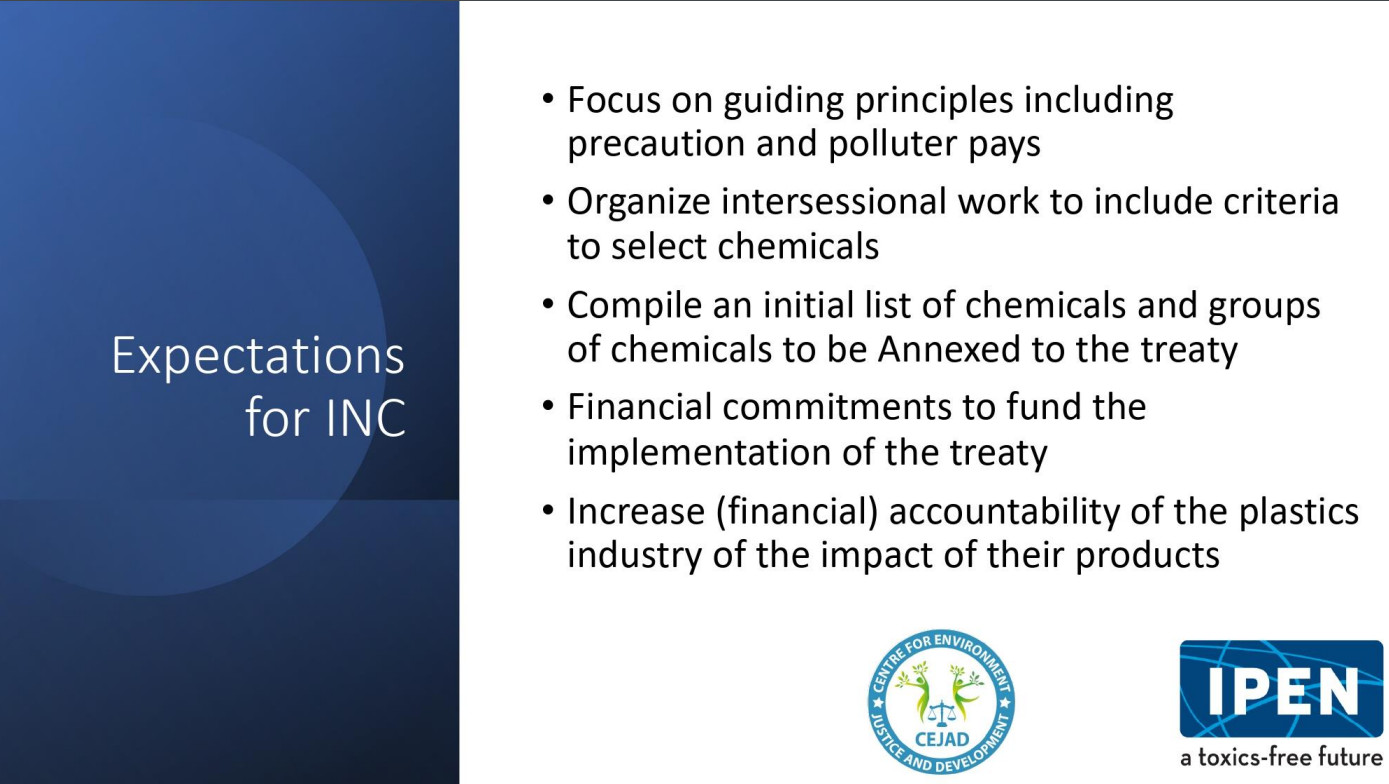
**The Global Initiative to Eliminate Plastic Pollution: Crucial Discussions in South Korea**
In the coming week, representatives from nearly all United Nations member countries will gather in Busan, South Korea, for what is expected to be the fifth and concluding round of negotiations to formulate a global treaty focused on eradicating plastic pollution. This pivotal assembly could mark a critical juncture in the battle against the escalating crisis of plastic waste. Nonetheless, considerable challenges persist, particularly concerning the treaty’s scope and stringency, raising questions about whether a thorough agreement can be finalized by the current deadline.
### **The Journey to Busan: Two Years of Intricate Negotiations**
The foundations of these talks date back to March 2022, when UN member states initially consented to develop a legally binding treaty to tackle plastic pollution. This far-reaching decision was celebrated as a groundbreaking step towards addressing the environmental, health, and ecological challenges posed by rising plastic consumption. However, the path forward has since been characterized by sluggish advancements, heated discussions, and differing perspectives on the treaty’s objectives.
Initial procedural hurdles hinted at the challenges to come. A preliminary assembly in Senegal in May 2022 effectively established foundational rules for much of the negotiation procedure, but failed to settle a crucial matter: how actions should be taken when consensus is not achieved. This ambiguity has enabled individual nations to hinder progress, considerably decelerating the negotiations.
The first formal negotiation round in Uruguay at the end of 2022 uncovered an even more profound issue: a fundamental disconnect in recognizing the scope of the crisis. Many delegates initially approached the treaty as largely a “waste-management” issue, concentrating on recycling and disposal rather than tackling the fundamental causes of plastic pollution, such as overproduction. Experts, including Margaret Spring from the International Science Council, have pointed out that plastic pollution is not solely an environmental issue but also a public health emergency. Yet, the early discussions conspicuously lacked contributions from health ministers and independent scientific bodies.
### **The Missing Science in Decision-Making**
A persistent critique throughout the negotiation process has been the marginalization of independent scientific knowledge. Specialists, including Spring, contend that scientific perspectives have not been integrated in a substantial manner. No direct mechanisms exist for incorporating scientists’ advice, and institutions like the World Health Organization or the International Science Council have been limited to observer roles.
Additionally, many academics encountered difficulties in even participating in these discussions. The United Nations Environment Programme (UNEP) accreditation policies, which specify that participating organizations must be non-profit and non-governmental, excluded numerous universities from engagement. While some scholars have managed to join through non-governmental organizations to circumvent these barriers, their representation is dwarfed by industry lobbying efforts.
The absence of independent scientific input leaves negotiators without essential insights on vital matters, including the health effects of plastic-related chemicals. Recognizing this gap, organizations like the Scientists’ Coalition for an Effective Plastics Treaty have emerged. Comprising researchers from over 60 nations, this coalition aspires to deliver unbiased and rigorous, science-based recommendations. Yet, their influence is overshadowed by the considerable presence of corporate lobbyists at each negotiation round.
### **Lobbyists Versus Policymakers: The Mounting Influence of Industry**
The involvement of industry representatives has raised alarms over whether public and environmental concerns can take precedence. During the previous negotiation round in Ottawa, nearly 200 lobbyists, chiefly from multinational petrochemical firms, participated in the meetings—outnumbering independent scientists by three to one. Industry advocates have lobbied vigorously to block stringent measures such as caps on virgin plastic production and bans on hazardous substances employed in plastic manufacturing.
Kara Lavender Law, an authority on ocean plastic pollution, notes that pro-plastic lobbying efforts are pervasive even outside the primary conference locations. Ads promoting the advantages of plastic—such as its application in medical devices—were displayed in hotels, airports, and on mobile billboards, creating a prominent counter-narrative to the issues highlighted by environmental advocates and scientists.
Moreover, some NGOs have alleged that UNEP’s executive director has echoed industry-favorable viewpoints, which are being utilized to weaken attempts to restrict virgin plastic production. Concurrently, scientists pushing for bold treaty strategies have faced disturbing harassment tactics from industry stakeholders. Nevertheless, advocates like Bethanie Carney Almroth, a researcher from the University of Gothenburg, continue to expose these maneuvers and advocate for stringent treaty commitments.
### **The Fragmented Global Landscape**
As negotiations approach their final phase, a clear rift has developed between high-ambition countries and those with vested interests in the petrochemical sector. The “High Ambition Coalition,” consisting of 65 countries, has urged for bold goals, including the eradication of plastic pollution by 2040, imposing limits on plastic production, and prohibiting harmful chemicals. Conversely, nations like Saudi Arabia, Russia, and Iran—with significant petrochemical industries—are accused of